
Shock! Microsoft is bringing Copilot to the Windows 11 Start menu
If you can rely on Microsoft for anything, it is that the company will use Windows to push its own products and services – just look at Copilot.
You will have noticed that Microsoft is busy squeezing Copilot into everything it possibly can. The latest victim of this treatment is the Start menu in Windows 11. This should come as no surprise – Microsoft is not only hellbent on shoving Copilot down people’s throats, it is turning to its tried and tested technique of using the Start menu to do so.
New Temporary Chats in Gemini stops Google remembering everything
Google has announced new features for Gemini and changes to the way the AI works. In launching a new Temporary Chats function, Google is really sneaking in the fact that Gemini will – unless you choose otherwise – remember everything you have said to it.
The ability of Gemini (which will be the default) to remember all of your past conversations is sold as a way to make it an “even more personal, proactive and powerful assistant”. There are, of course, privacy concerns.
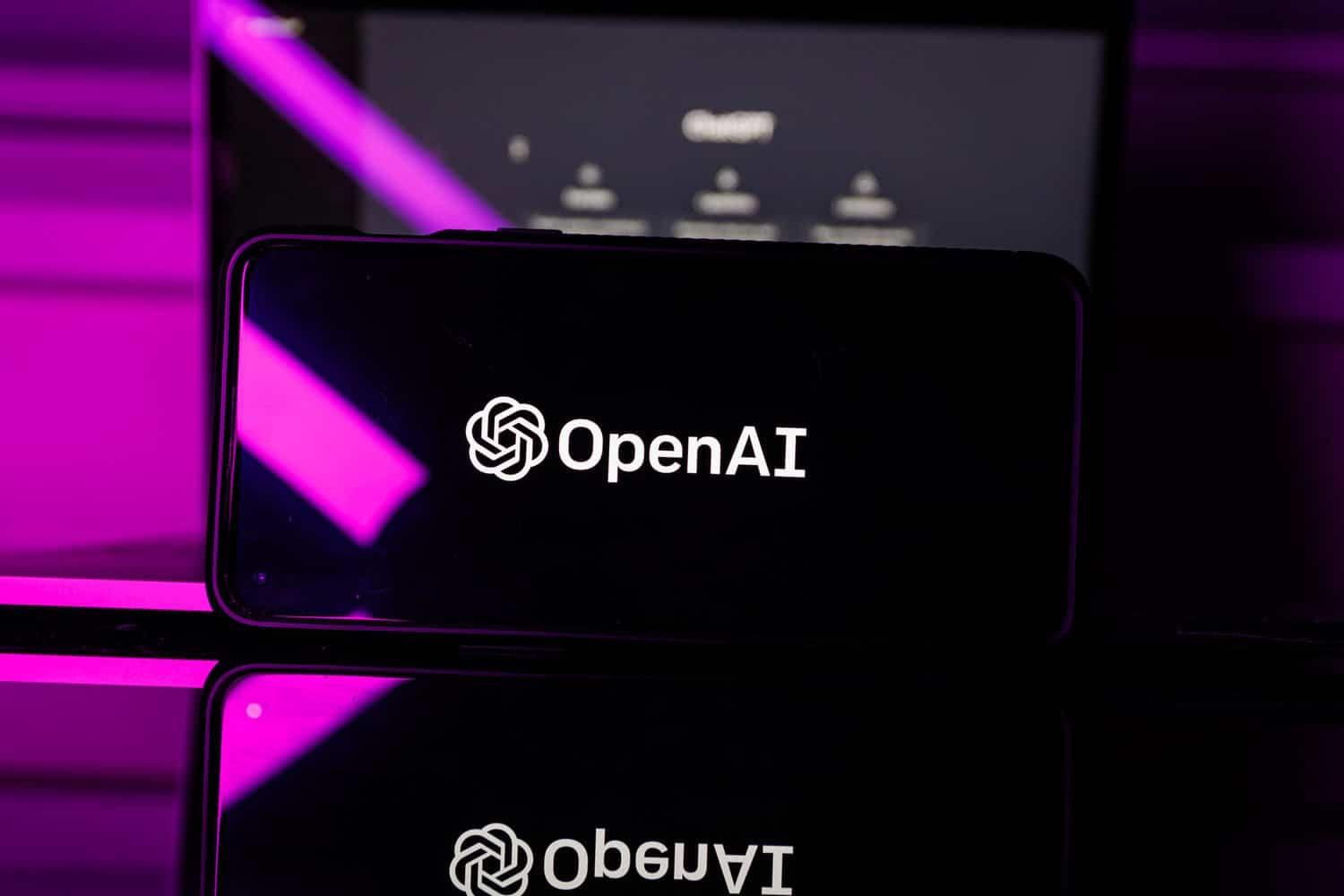
ChatGPT now integrates with Gmail, Google Calendar and Contacts
OpenAI has confirmed the rollout of Gmail, Google Calendar, and Google Contacts Connectors in ChatGPT.
Available to Pro and Plus tiers, the connectors come hot on the heels of the recently added Box, Canva, Dropbox, HubSpot, Notion, Microsoft SharePoint, and Microsoft Teams integrations. By granting ChatGPT access to Gmail emails, Calendar entries and Contacts data, the AI should be able to provide more personalized and relevant information.

AI firm Perplexity makes ridiculous bid to buy Chrome from Google
Chrome has not been put up for sale, but that has not stopped AI startup Perplexity from putting in a bid to buy the web browser from Google.
While on the face of things the $34.5 billion bid seems large, it has been widely dismissed as being a fraction of Chrome’s real value. So, what is the deal with Perplexity trying to snap up the most popular web browser in the world?
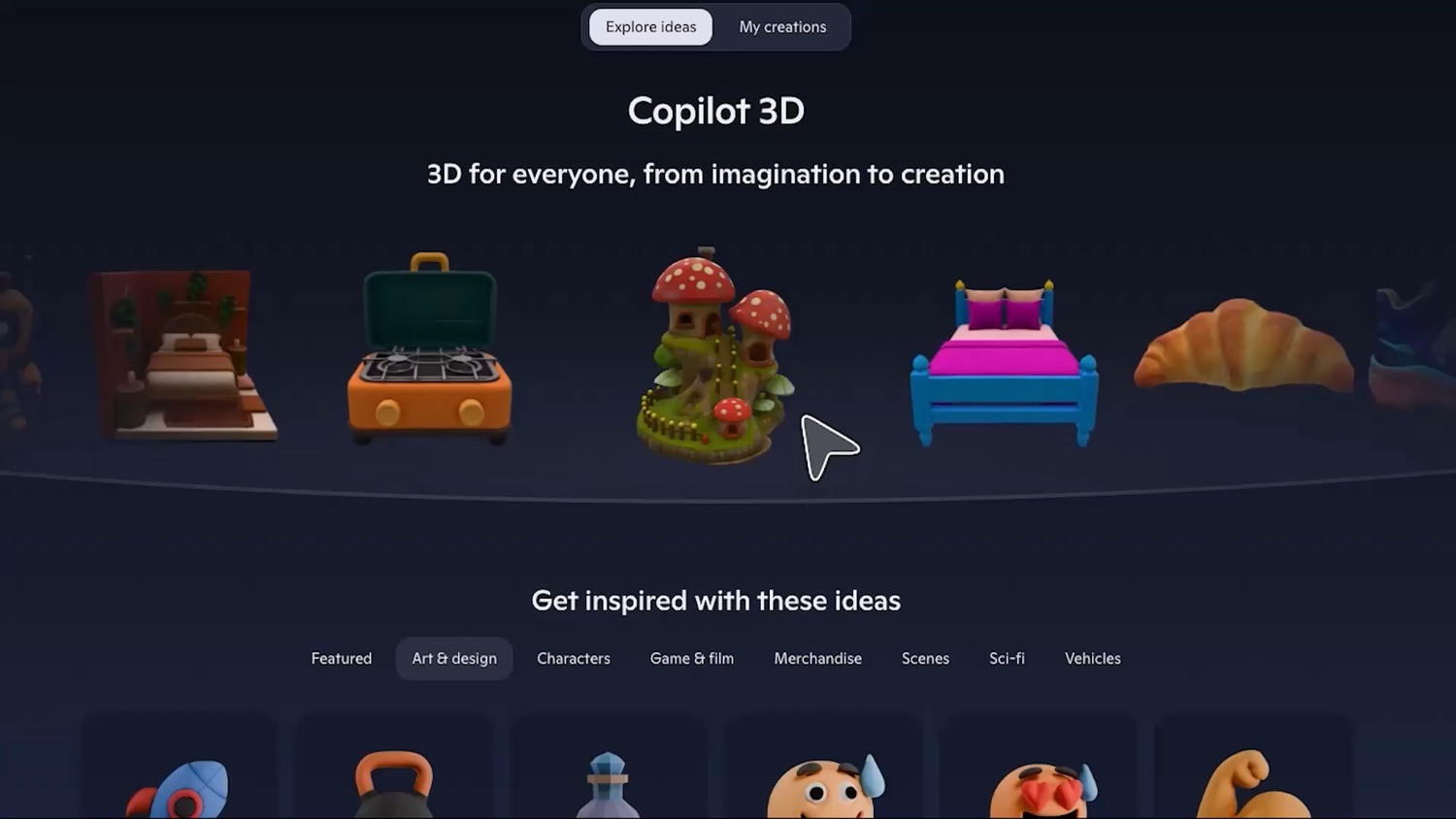
Copilot 3D is Microsoft’s latest generative AI experiment
There is no shortage of generative AI tools out there, and the latest is Copilot 3D. This experimental tool from Microsoft does very much what you would expect of it – it creates three-dimensional images using artificial intelligence.
As this is an experimental tool, there are a couple of things to keep in mind. Firstly, it is not a completed product so there may be issues with it. Secondly, this is an experimental tool which is still being developed, so it could change dramatically or even disappear altogether. But let’s take a look at what is currently available.
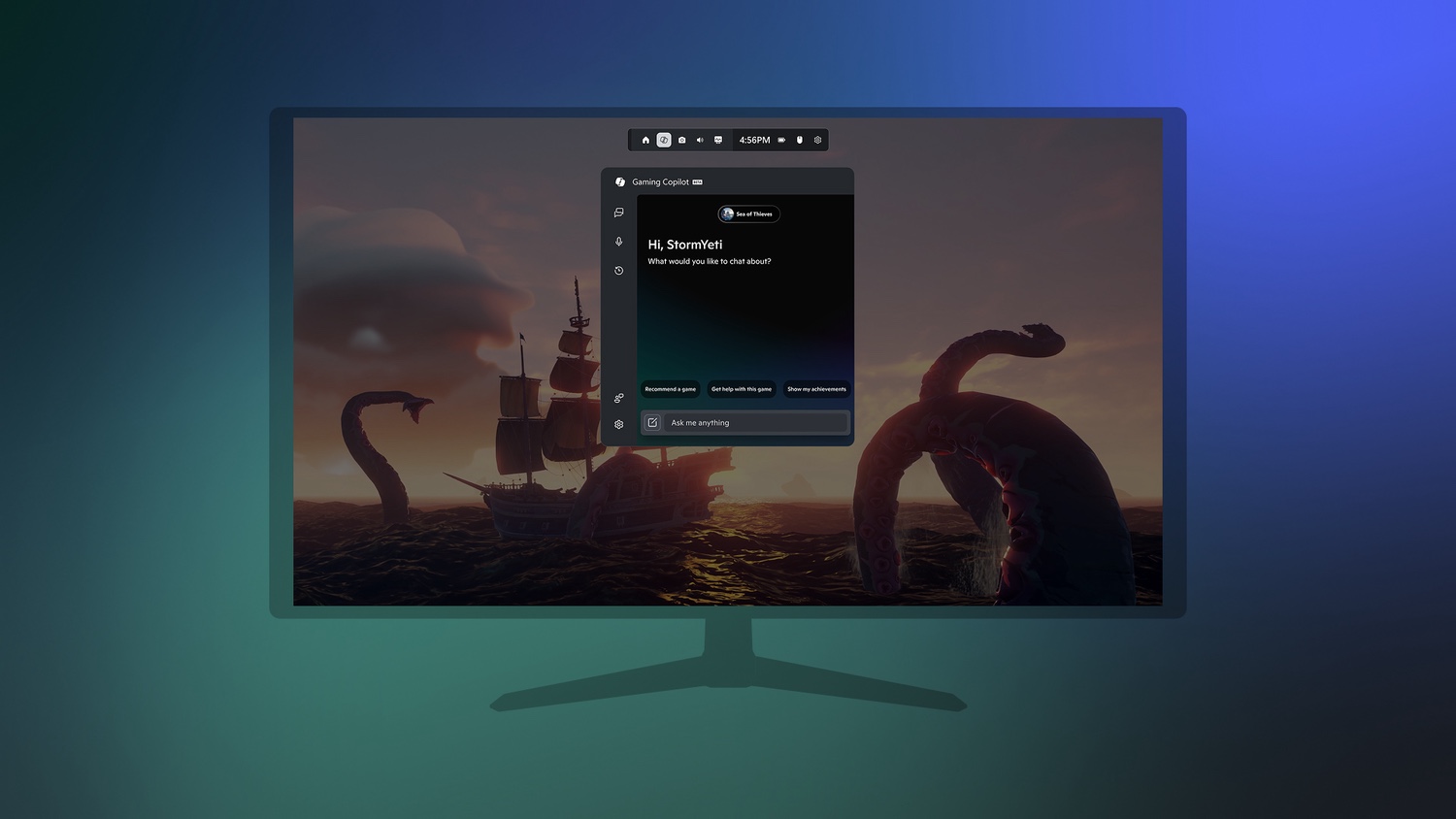
Microsoft brings AI to the Game Bar with Gaming Copilot
It seems that nothing is immune to being injected with AI – certainly not if Microsoft is involved. Now the company is bringing Gaming Copilot to the Game Bar.
Currently in beta testing, Gaming Copilot is now available in Game Bar for Windows PC for Xbox Insiders enrolled in the PC Gaming Preview. The arrival of Copilot in another Microsoft tool is far from being surprising, but just what does this mean for gamers?
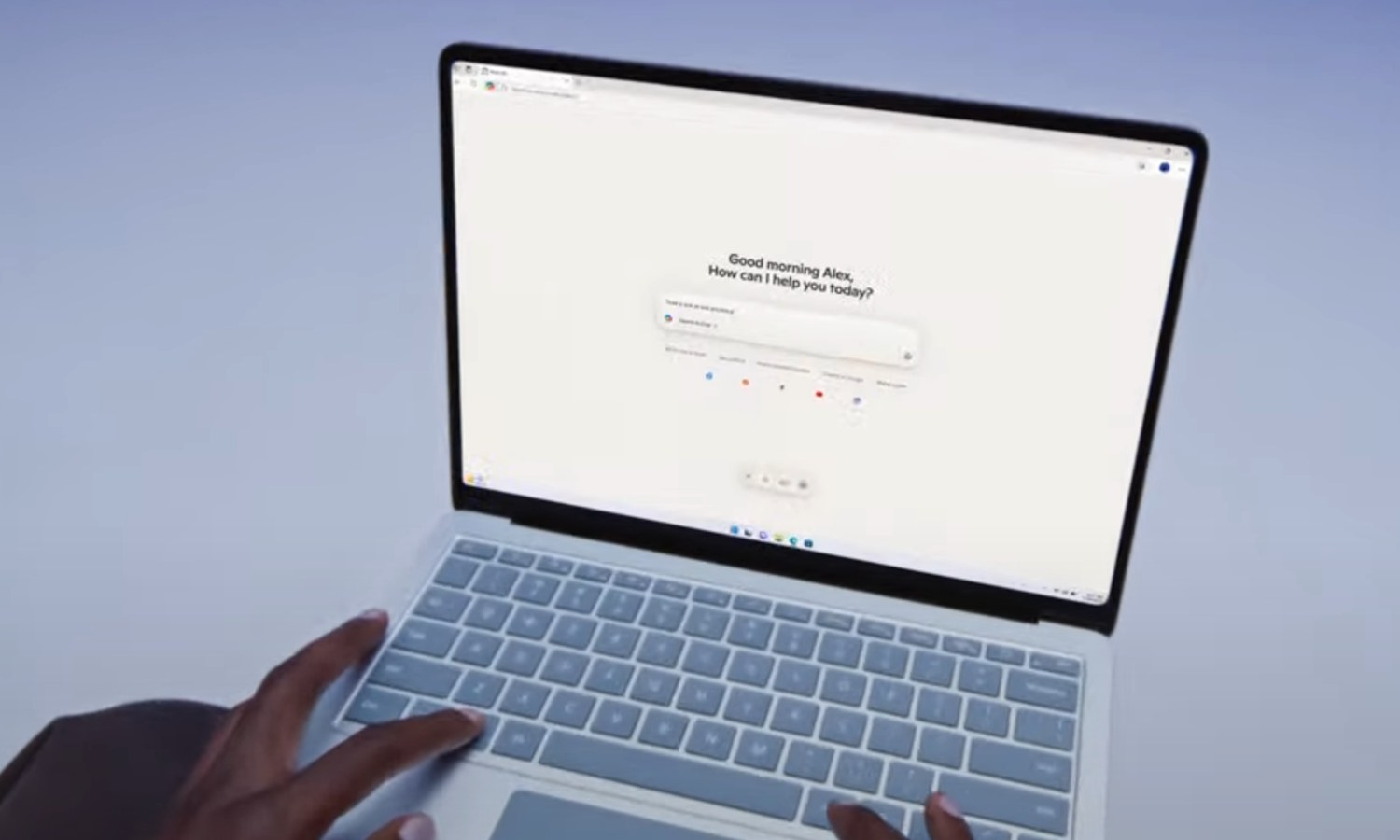
Microsoft launches Copilot Mode in Edge – is it heaven or hell?
Microsoft has a new experiment for its web browser. Copilot Mode in Edge is an AI-powered mode which is perfect for anyone who wants to completely embrace artificial intelligence when browsing the web.
For anyone who feels that AI is already difficult to avoid, there is good news. Copilot Mode in Edge is optional, so you are not obliged to use it even if you have made Microsoft Edge your browser of choice.
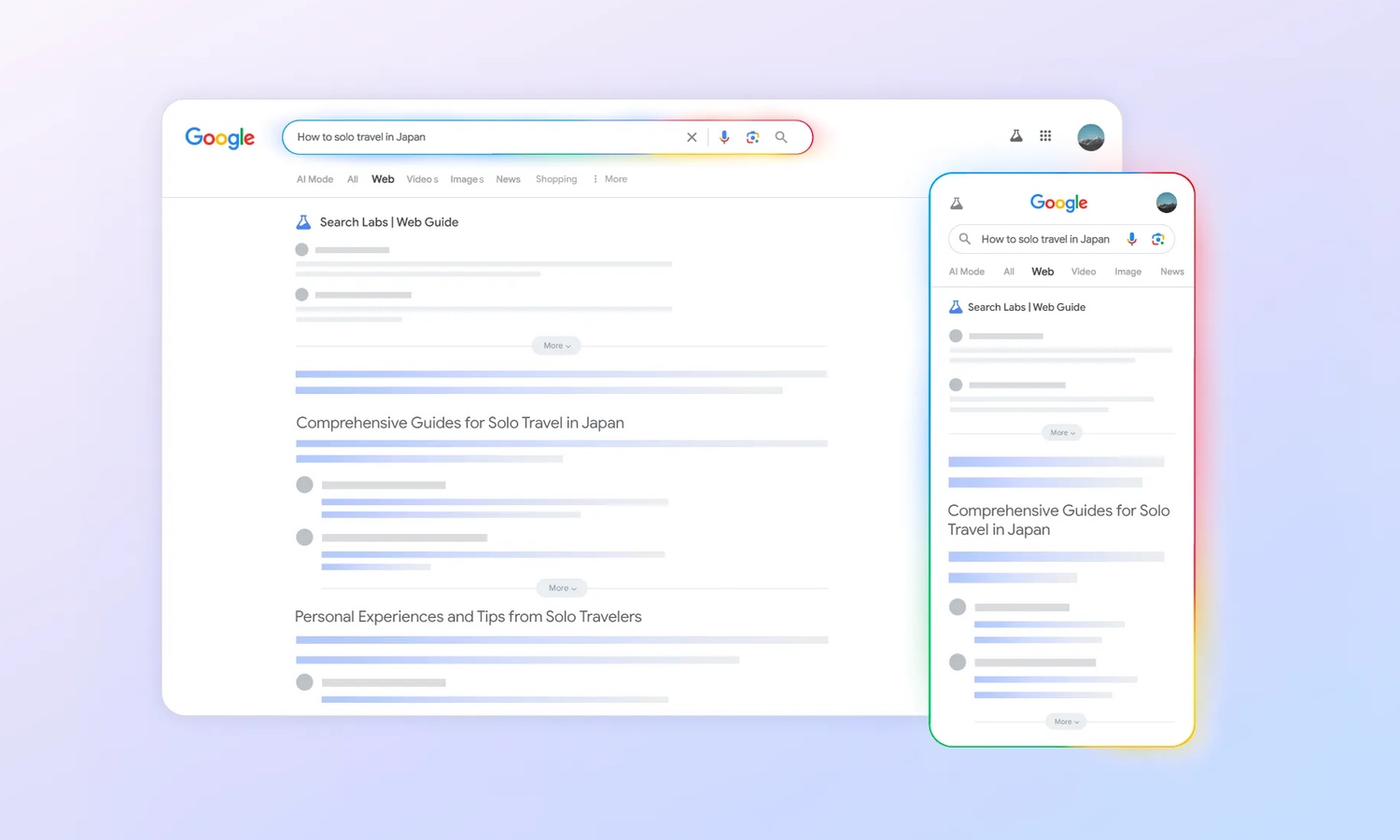
Google is injecting more AI into searches with Web Guide
With interests in both web searching and AI, that Google has blended the two should surprise no one. With the launch of Web Guide, the company is taking things a step further.
At the moment, the new Web Guide is both optional and experimental. This is not necessarily a vision of what Google has in store for its search engine, but it very likely is. This time around, Google is turning to artificial intelligence to change the way in which search results are displayed.
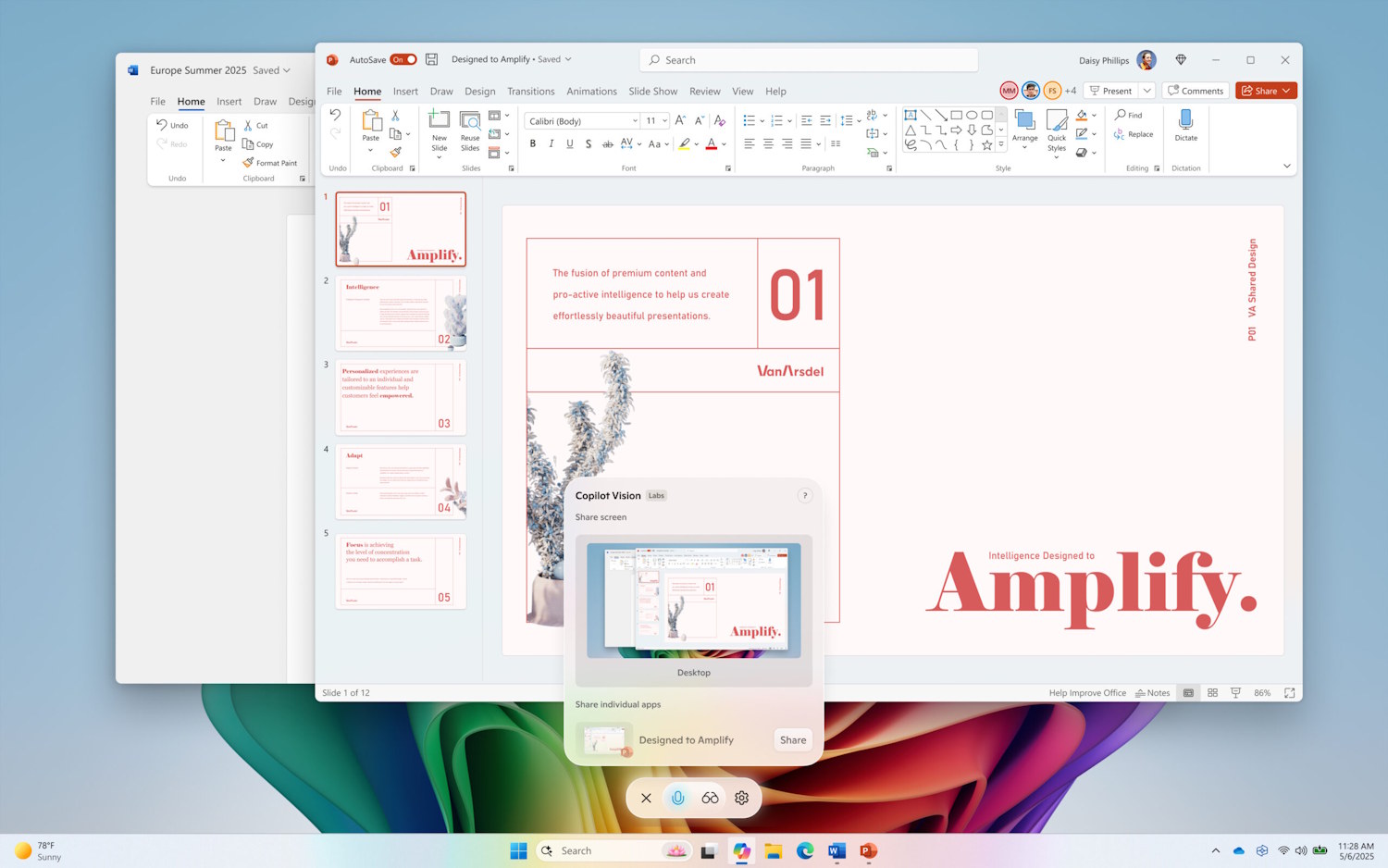
Microsoft rolls out whole desktop sharing to Copilot on Windows 11
Microsoft’s development of Copilot continues apace, and the latest update is one that could prove to be divisive. Windows 11 users signed up to the Windows Insider program are being given a new option in Copilot Vision for Windows – namely the ability to share the entire desktop with the AI tool.
Sharing your desktop in this way means that Copilot Vision for Windows will be able to see everything that is on your screen asnduse it in your interactions. While there are many potential uses for this, the controversy caused by screenshotting desktops with the Recall feature of Windows that was so controversial that Microsoft had to withdraw and rebuild it.
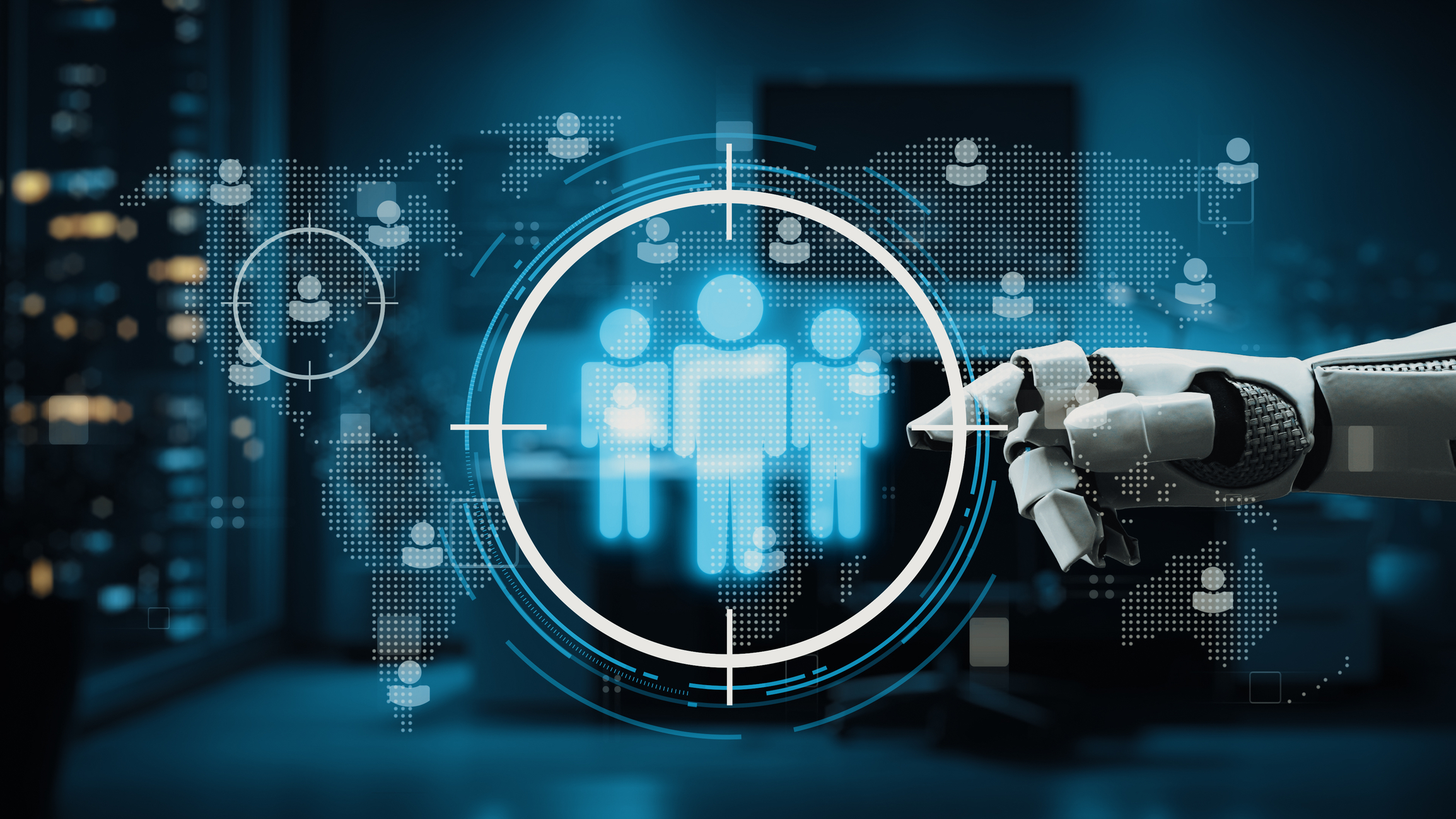
82% of HR professionals use AI, but most lack job-specific training
As AI continues to change the workplace, HR teams are adopting the technology quickly, but many are doing so without the support or training needed to use it effectively.
A new survey from General Assembly shows that 82 percent of HR professionals use AI at work, yet only 30 percent have received training tailored to their roles.

Freepik now offers unlimited AI image generation
There are plenty of genAI options to choose from, and the market for AI image generation is a growing one. With large number of free and paid-for tools vying for attention, standing out from the crowd is hard – and this is why Freepik has just announced unlimited generation of images and video.
This is a unique offering from Freepik, which is already one of the most popular AI image generators available. It marks a change from services that either allow users to generate a limited number of images for free, or force them to buy credits. So what is the catch?

Samsung to bring Galaxy AI to 400 million devices globally by end of the year
Samsung has announced plans to expand Galaxy AI to over 400 million devices worldwide by the end of 2025.
The company says this move builds on a major 2024 milestone when it brought Galaxy AI to more than 200 million devices, starting with the Galaxy S24 series.

Stanford University study finds AI-based therapy has ‘significant risks’
Access to psychotherapy remains something that many people cannot afford, so it is hardly surprising that increasing numbers of people are turning to AI therapists for help.
It is not just cost that attracts people to seek therapy from artificial intelligence. Demand for therapy is high and waiting lists can be long. There are also considerations such as the difficulties some clients face accessing the help they seek because of living in a remote location, or having an unreliable internet connection. The persistent stigma associated with seeking therapy can also serve as an obstacle that stands in the way of people reaching out to a qualified, human therapist.

YouTube is fighting AI slop with new monetization guidelines
YouTube has become overrun with mass-produced content generated by artificial intelligence. Known as AI slop, such content has spread cancerously across the video platform as pseudo creators seek to make a quick buck.
Now Google has had enough. Seeking to de-incentivize the creation of such content, it is updating YouTube policies so that it will be much more difficult to make money from AI slop.
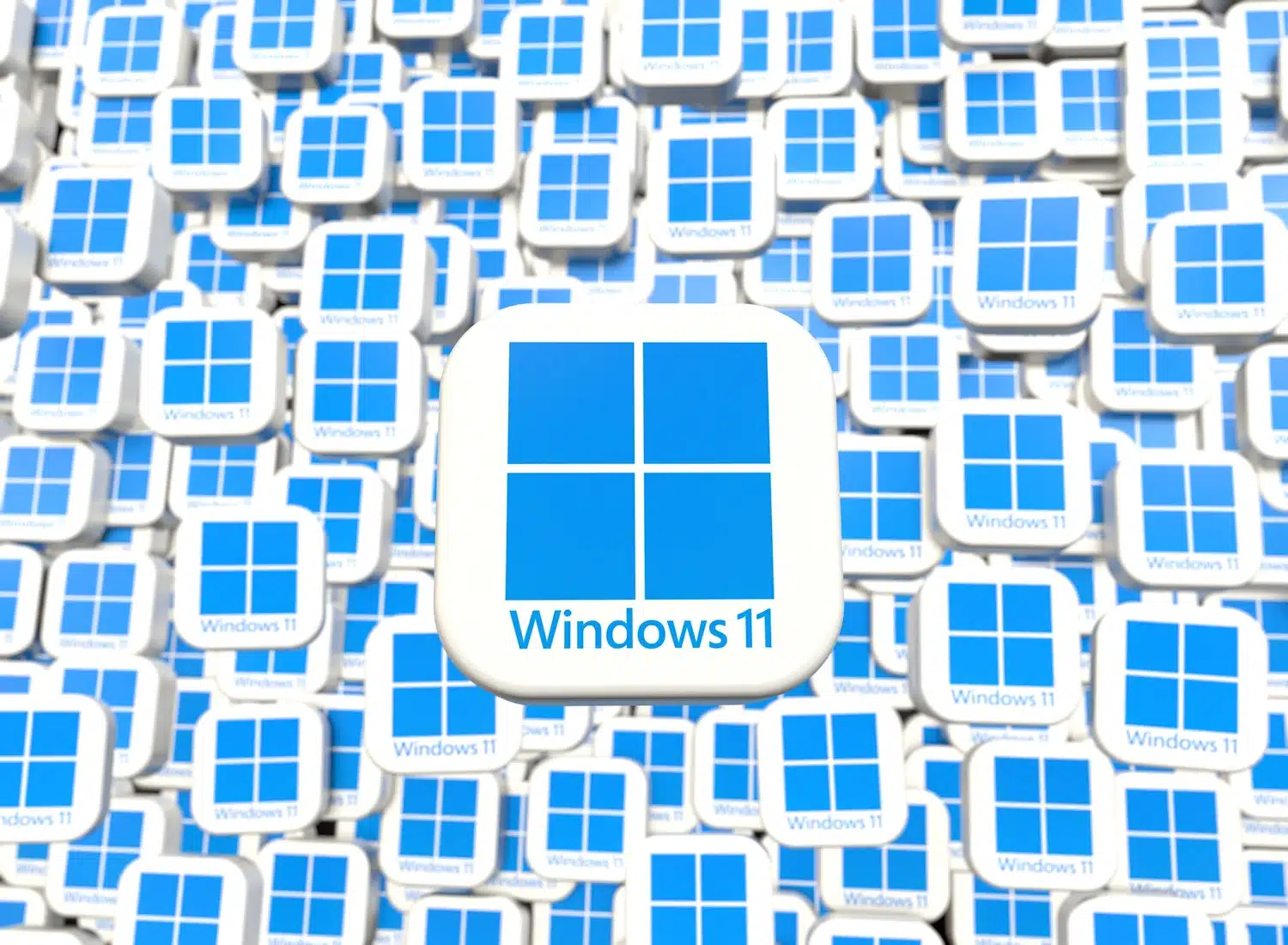
Get your hands on the new Windows Share feature and try out Click To Do enhancements with the KB5058499 update for Windows 11
Microsoft has released a preview version of the KB5058499 update for Windows 11, adding a host of new features to the operating system -- many of them, predictably, AI-oriented.
The biggest additions are updates to Click To Do, as well as the rollout of the new Windows Share feature. There is also “Cross device resume” to allow for seamless device migration when using OneDrive files, and much more.
